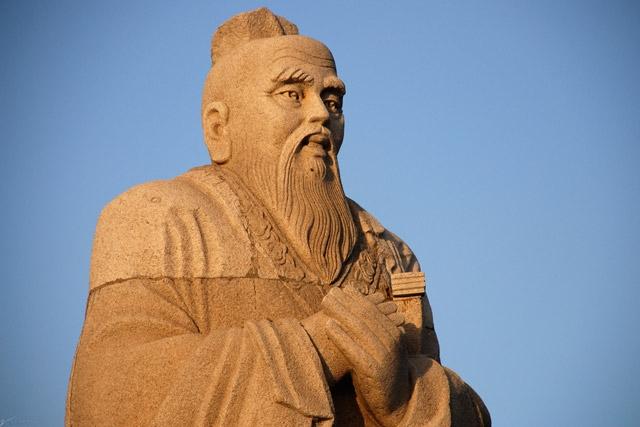
BEIRUT, Lebanon (Enmaeya News) — Chinese schools are increasingly adopting AI-powered virtual teaching assistants, marking a significant shift in the traditional education system. Educators believe that AI has the potential to personalize learning experiences and enhance classroom engagement, allowing for a more dynamic and interactive approach to education. However, they also acknowledge concerns regarding the limitations of AI-generated materials, particularly in terms of personalization, and the potential impact on students' independent problem-solving skills.
In support of this digital transformation, the Chinese government has selected 184 pilot schools, with the Ministry of Education setting an ambitious goal to fully integrate AI into primary and secondary education by 2030. This initiative is designed to equip students with essential AI literacy and skills, preparing them for the future job market.
One example of AI in the classroom is a fourth-grade lesson where students engage with a digital “Confucius,” who encourages them to review their lessons. This is just one part of a growing trend where schools are increasingly incorporating AI into daily teaching. Since 2017, Chinese schools have been evolving their AI programs, beginning with sci-tech clubs, then expanding to innovation courses in robotics, drones, and related fields by 2022.
As AI continues to shape the future of education, China’s commitment to integrating this technology reflects a forward-thinking approach aimed at both enhancing learning outcomes and equipping students with the skills necessary to thrive in a digital world.



